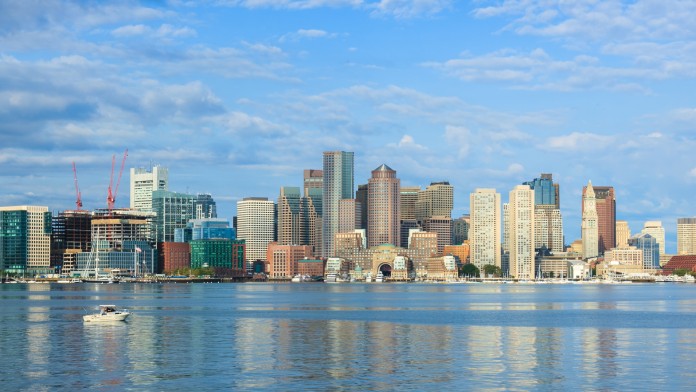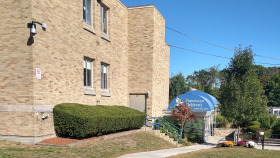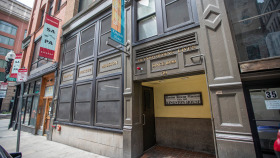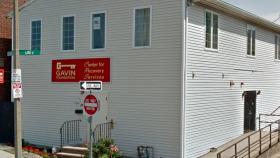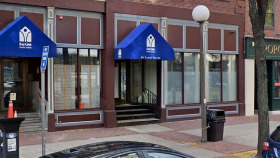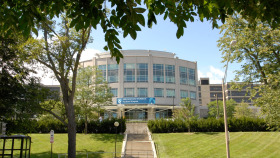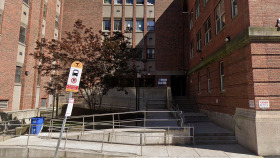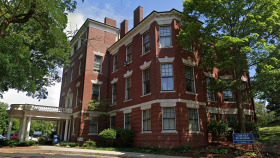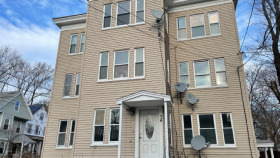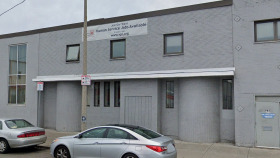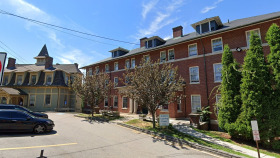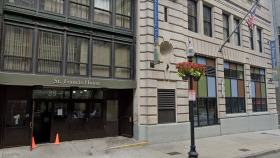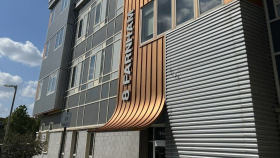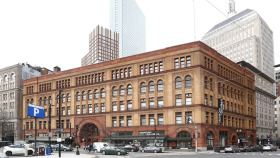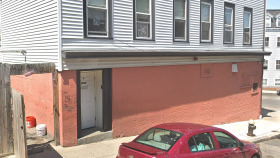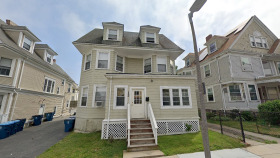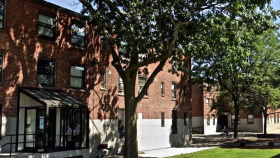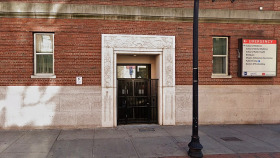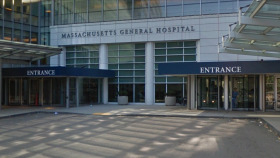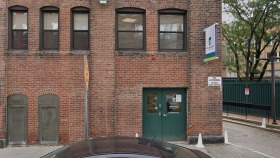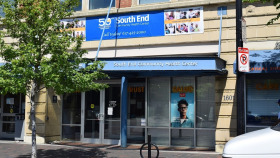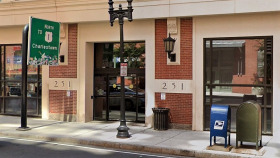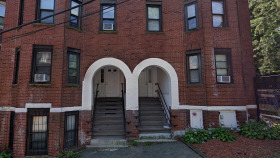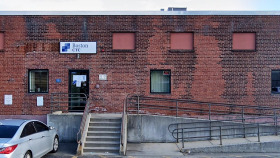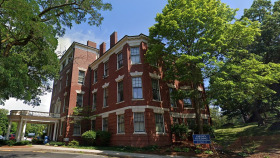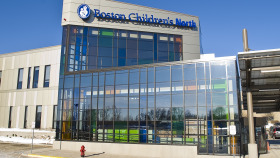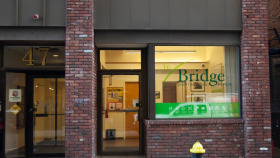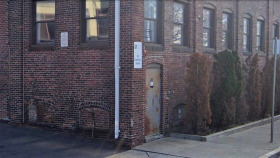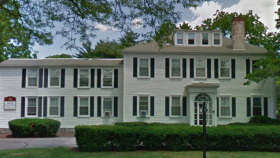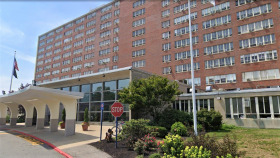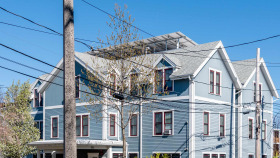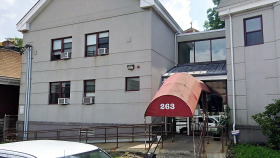Expert Insights
Although medications like buprenorphine and methadone are safe and effective at treating addiction and preventing overdose and death, regulatory hurdles have prevented these treatments from being widely utilized. A recent national study estimated that 87 percent of people with opioid use disorder never receive any medication treatment.
Those who do receive treatment often have to manage long-distance travel, inconvenient hours, stigma, and strict rules that can seem impossible to follow. Joan had lost hope that she would get the care she deserved.
She was able to get help at a neighborhood pharmacy because of a study we conducted in which pharmacists in Rhode Island got special training to directly provide patients with buprenorphine. That meant patients could walk in and ask to start treatment, and the pharmacist could initiate the process. The pharmacist did this in consultation with a physician, but the patient did not have to see the physician first. We wrote about this research, known as the MATPharm Study, this week in the New England Journal of Medicine.
We found that pharmacies offer a safe and accessible starting point for treatment and keep patients engaged better than is typical. Of 100 people who started buprenorphine treatment at a pharmacy, 58 stabilized and were randomly split into two groups. Twenty-eight of them continued to receive their addiction care at a pharmacy, while the other 30 had the usual follow-up care with a doctor or an opioid treatment program. One month later, 25 of the 28 patients in the pharmacy group were still proceeding with their assigned treatment. Only five of the 30 patients in the doctor-treatment group were doing so.
A third of the patients in our study identified as Black, Indigenous, or persons of color; almost half were homeless.
~ Rita Milios
How Expensive is Drug Rehab in Boston?
Many factors can affect the cost of addiction treatment in Boston. These can include the type, the length of your stay, and the facility of your choice. In Massachusetts, the average cost of a residential stay in Boston was $56,725 per individual, with the average cost of outpatient being $8,386 in 2016.
Are There Low-Cost and Free Drug Rehab Centers in Boston?
Many low-cost and free treatment centers are available in Boston. Most will even work with your insurance, whether it is private insurance or Medicaid, the federally and state-funded program that helps with healthcare costs for those with a low income.
Facilities funded by the state are treatment centers that use government money to help pay for care for those who need it but don’t have the income or insurance to pay.
If you do have insurance, using it to pay can greatly reduce the cost of care. According to the Affordable Care Act and the Mental Health Parity and Addiction Equity Act (MHPAEA) of 2008, health insurers and group health plans must cover mental health and substance use help.How Does Boston Compare in Alcohol and Drug Use?
Like so many other major cities, Boston is facing the opioid epidemic head-on. In 2020, more than 2,000 Massachusetts residents died from an opioid overdose. As the capital and most populated city in Massachusetts, there are more than 140 drug rehab centers in Boston. With plenty of high-quality options for you to choose from, finding help and getting yourself on the road to recovery is within reach.
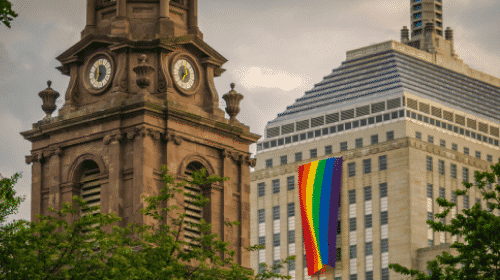
The total number of admissions into drug and alcohol rehab in Boston in 2017 was 14,780. Of these admissions, 74.2% were among cisgender males. Cisgender female admissions comprised 25.6%, and transgender admissions comprised 0.3%.

At 56.8%, the majority of individuals admitted to clinics were white. Black people made up 21.1% of that population, and multiracial individuals who identify as “other” comprised 9.2% and 12.9%, respectively, of the total number of people admitted to Boston drug rehabs.
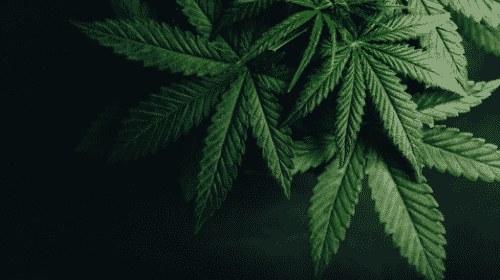
The majority of admissions, or 56.9%, were due to heroin. Alcohol admissions were the next highest reason at 29.9%. Crack/cocaine and marijuana drug admissions were at 4.5% and 3.0%, respectively.

In the greater Boston area, 18.3% of the admissions were due to intravenous (IV) drug use. In Massachusetts as a whole, the average age of drug admission for those who used opioids was 34 years old.
Resources
- Fighting the Opioid Crisis | Mass.gov. (n.d.). Www.mass.gov.
- Substance Abuse and Mental Health Services Administration. (2019). Key Substance Use and Mental Health Indicators in the United States: Results from 2019 National Surgery on Drug Use and Health.
- VA.gov. (2022). Veterans Affairs. ptsd.va.gov.
- The Board of Registration in Pharmacy. (2018). Massachusetts Executive Office of Health and Human Services. https://www.mass.gov/doc/policy-2018-04-naloxone-dispensing-via-standing-order/download#

